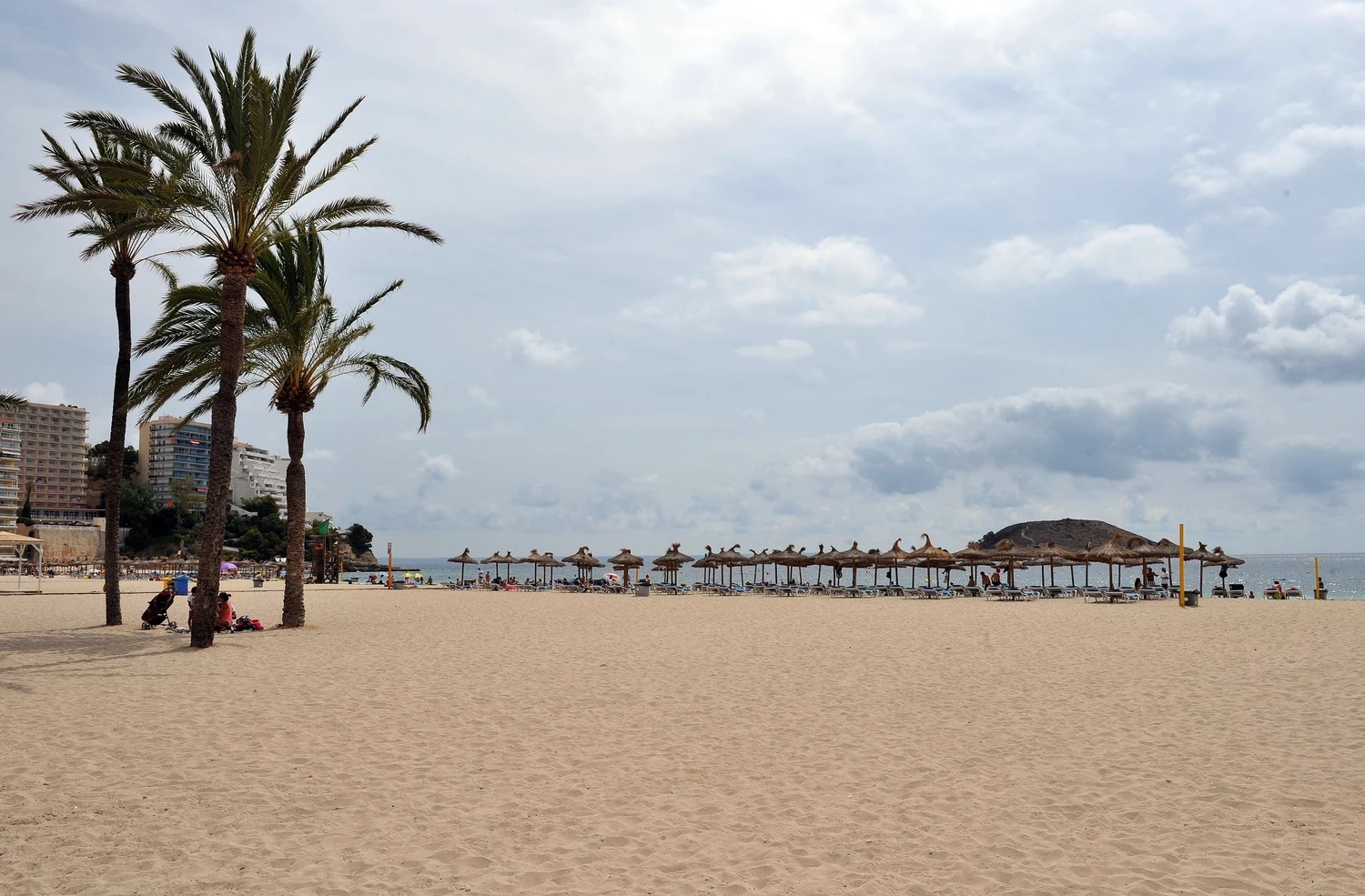Some British travelers are expressing their dissatisfaction with Spain, noting that certain areas of Majorca were unusually tranquil during the recent bank holiday weekend. A number of these tourists are considering a boycott in response to regulations and demonstrations that seem to specifically target British visitors.
Reports from the Majorca Daily Bulletin indicate that local business owners are worried about the noticeable decrease in tourist activity, with some parts of the island appearing “half empty if that.” Alison Johnson, who runs a business called Moving to Spain, remarked that Magaluf, an area famed for its dynamic nightlife, was surprisingly subdued, even though the holiday season had just begun.
The introduction of stringent alcohol regulations in parts of Spain, including Magaluf and Ibiza, has prompted vocal concerns from bar owners. They emphasize the necessity of tourism for the survival of local businesses and express apprehension that the ongoing demonstrations may deter visitors from coming to the island.
The new laws, which limit the purchase of alcohol from stores to the hours between 8am and 9.30pm, aim to curb unruly behavior among tourists. These measures coincide with anti-tourist protests in Spain, notably in Majorca, where residents have taken to the streets with messages urging tourists to leave.
The combination of protests and regulatory changes has led to discontent among some tourists, with a few declaring their intention to avoid Spain in the future. Comments from a GB News reader reflect a perceived anti-British sentiment in various European countries.
Another reader suggests that tourists should take their business elsewhere, predicting a negative impact on the Spanish economy reliant on tourism, particularly from British visitors. Additional remarks include suggestions to redirect spending to other destinations and a preference for vacations within the UK, citing the absence of similar restrictions and the appeal of staycations.
Conversely, some people praise Spain as a vacation destination. One person shared their positive experiences, stating that their annual trips to Spain with friends have always been free of hostility, attributing any negative encounters to a small fraction of the population.
Another individual pointed out that tourists who complain about the inability to indulge in excessive drinking exist in every country and are generally not well-regarded except by themselves. This person expressed understanding for Spain’s efforts to address such issues.
Alison, a business owner, commented that while tourism in Spain is thriving, it has raised concerns among residents about the impact of over-tourism. She mentioned recent protests in various Spanish locales, including Majorca, Lanzarote, and Tenerife, where locals have called for government intervention to revise the current tourism strategy.
Alison emphasized that the local community is not seeking to eliminate tourism but is advocating for a sustainable approach that respects their quality of life in popular tourist destinations.
